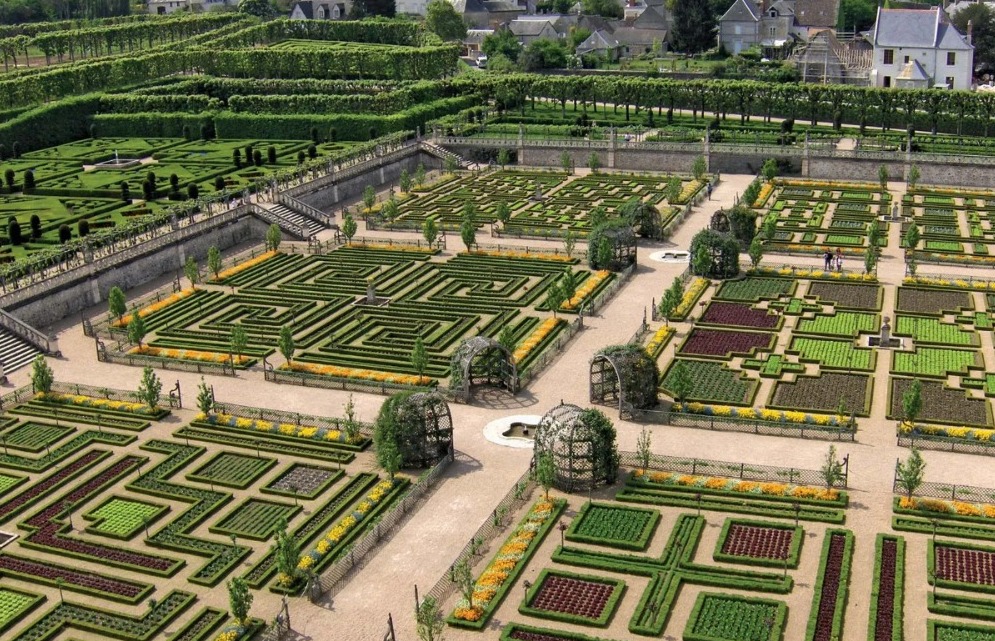
A herbal garden has been established at an altitude of nearly 15,000 feet above sea level in the mountainous ranges of Phobrang village in Leh, Kashmir News Observer reported.
Kyabgon Chetsang Rinpoche, the Religious/Spiritual leader and founder of “Go Green Go Organic,” a non-profit organization dedicated to environmental and biodiversity conservation through large-scale plantations in Ladakh and other Himalayan regions, initiated the project.
The initiative is supported by Konchok Stanzin, the Councillor of Chushul constituency and Chairman of High Altitude Herbal Garden. Dr Konchok Dorjey, the Vice Chairman of the herbal garden and an expert on medicinal plants in the region, is also involved.
The medicinal herbal garden aims to promote the well-being of the environment, ecology, biodiversity, and humanity.
The herbal garden is now the highest-located herbal garden in India.
“It also aims to conserve rare species and maintain the flora and ecological significance,” he added. Dorjay mentioned that saplings and seeds of medicinal plants have been planted.
“The medicinal plants hold great importance for Buddhists. They are used for various treatments in Ladakh and Tibet,” he explained.
“These rare medicinal plants thrive in higher altitudes. We have specifically planted a group of herbs and medicinal plants. Apart from their medicinal uses, these plants also have significant cultural and religious value.”
Dorjay mentioned that the local villagers are taking care of the saplings and seeds, and they are intended for research purposes.
“This garden has surpassed the altitude of 11,000 feet of the herbal garden in Badrinath, Uttarakhand, making it the highest-located herbal garden in India,” said Dr Konchok Dorjay.
He added that medicinal plants are perennial and can survive extreme cold conditions, even as low as -30 degrees Celsius. They require a maximum temperature of 20 to 25 degrees Celsius.
He stated that this herbal garden is now the highest-altitude herbal garden in India. Furthermore, the group aims to establish a research center in the same location. It is believed that the garden has many future-oriented purposes.
The Ladakh region, known as the cold desert, has minimal plant growth. Every year, the region experiences sub-zero temperatures during the winter season.




